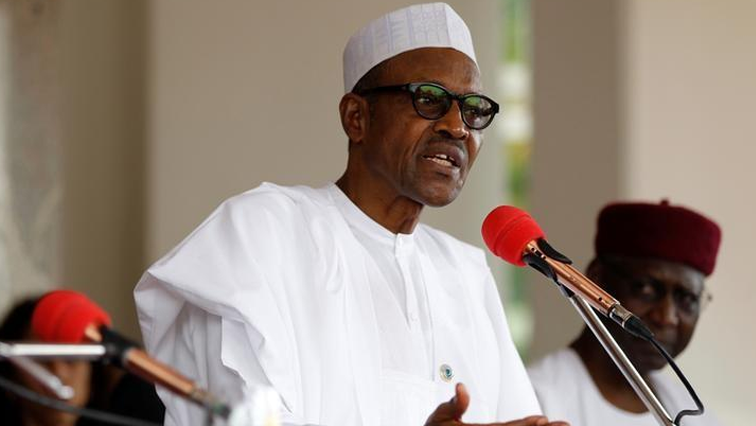Nigerians will on February 16 choose between two septuagenarians to lead Africa’s largest democracy: President Muhammadu Buhari and former vice president Atiku Abubakar.
The pair has run for president nine times between them.
There are more than 60 other candidates, though their chances of winning are slim as the wealth and patronage networks of the two main parties drive the politics of Africa’s top oil producer and most populous country.
Buhari’s 2015 victory with his All Progressives Congress (APC) party was built on three promises: to rid Nigeria of endemic corruption, fix the economy and tackle security threats.
The government says it is making progress but the military’s efforts to fight the Boko Haram insurgency and its IS-allied offshoot, now in its tenth year, are crumbling.
The economy entered and climbed out of recession under Buhari, yet the average Nigerian is still getting poorer; and opponents say his government is failing to tackle corruption, targeting only the president’s enemies and ignoring allegations against his allies.
Amnesty International and Human Rights Watch say the army has been responsible for human rights abuses, including the massacre of protesters.
The army has said its use of force is justified. After spending five months in Britain in 2017 receiving treatment for an undisclosed ailment, opposition groups and other critics said Buhari was unfit for office and his administration was beset by inertia.
But the president has said he is strong enough to serve. If Buhari wins again, Nigeria would be in for another four years of political torpor and disregard for rights, his opponents say.
The president said he would continue to develop the rail and road network if re-elected for a second term.


